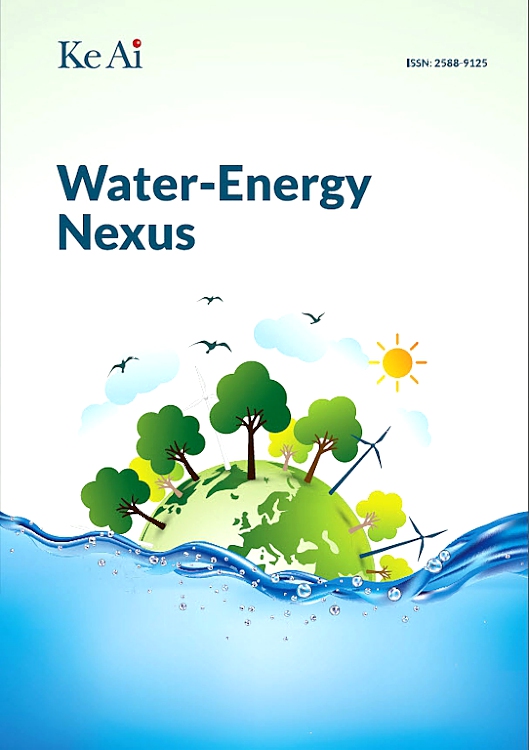Inequalities in access to energy in informal settlements
Towards energy justice in Gqeberha and Komani in South Africa

As South Africa continues to strive towards securing sources of sustainable energy, the needs and interests of marginalised communities in informal settlements with respect to energy should not be overlooked or ignored. Although energy is available in most informal settlements, as it is unaffordable for many residents, they frequently choose to make use of illegal connections and inexpensive but unsafe sources of energy, which undermines the objectives of the National Energy Act of 2008. One of the objectives of the National Energy Act 34 of 2008, which is articulated in Section 2 of the National Energy Act (the NEA) of South Africa, is to achieve an uninterrupted supply of energy and facilitate access to energy, to improve the quality of life of all of the people of South Africa. An evaluation of the supply of energy in the Chris Hani District Municipality and Nelson Mandela Bay Metropolitan Municipality in the province of the Eastern Cape reveals that this objective has not been met, as marginalisation in the energy economy is increasing in the informal settlements in these areas.
The aim of the study on which this paper is based is to investigate the factors that contribute to the exclusion of residents in informal settlements from access to renewable energy and their implications for sustainable development in informal settlements and allowing residents full participation in the energy economy of South Africa. The study is concerned specifically with informal settlements in the Chris Hani District Municipality in Komani, which is considered to be a poor municipality, and the Nelson Mandela Metro Municipality in Gqeberha, which is considered to be a municipality that caters to the needs of relatively affluent segments of the population. This paper represents an endeavour to make an accurate assessment of access to energy in the informal settlements in the two municipalities, from the standpoint of identifying and overcoming the root causes of inequalities with respect to energy, rather than attempting to remediate their symptoms.
Abstract based directly on source.


Comments